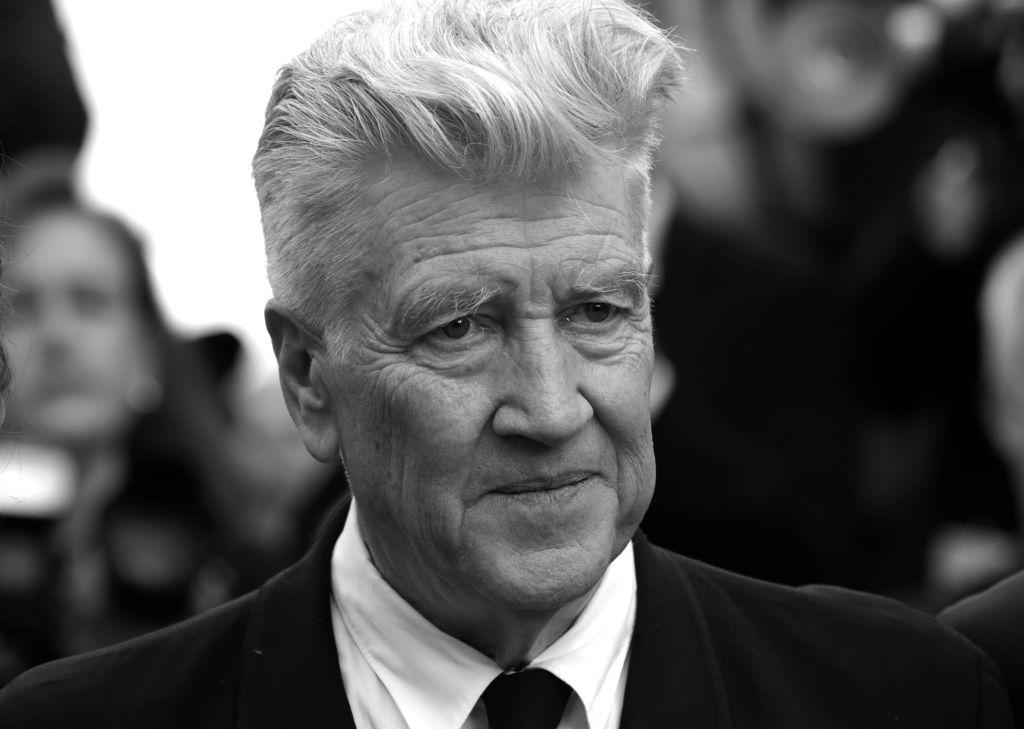The loss of David Lynch — the great American filmmaker, painter, musician, and transcendental meditation evangelist — is profound. More than any other American artist, Lynch peered at the opaque conditions of contemporary life and saw the sheer horror and dislocation of the modern experience. His films juxtaposed the picaresque exterior of American suburban life with the relentless undercurrent of casual violence and cruelty that lurk just below the surface.
From the severed ear that a young Kyle MacLachlan finds in a pristine suburban lawn in Blue Velvet, thrusting him into the depraved world of Frank Booth, to the test detonation of the atomic bomb unleashing a cosmic evil in Twin Peaks: The Return, Lynch has always been attuned to — and unafraid to depict — the darker side of the modern condition.
Lynch’s seeming rejection of the modern world, coupled with his occasional vaguely Libertarian sounding pronouncements early in his career and his ’50s throwback aesthetics — including his love of early rock and roll and pop, his iconic pompadour, his preference for dark suits and ties, and his almost Boy Scout persona — led some to label Lynch an artist of the Right.
Lynch’s occasional embrace of certain symbols of American consumer culture, such as his well-known love of fast food (famously sharing Donald Trump’s taste for McDonald’s Filet-O-Fish) also contributed to his complex public persona. These trappings, however, were largely superficial.
In truth, despite seeming to celebrate the ’50s world of his childhood, Lynch…
Auteur: Alexander Deley

